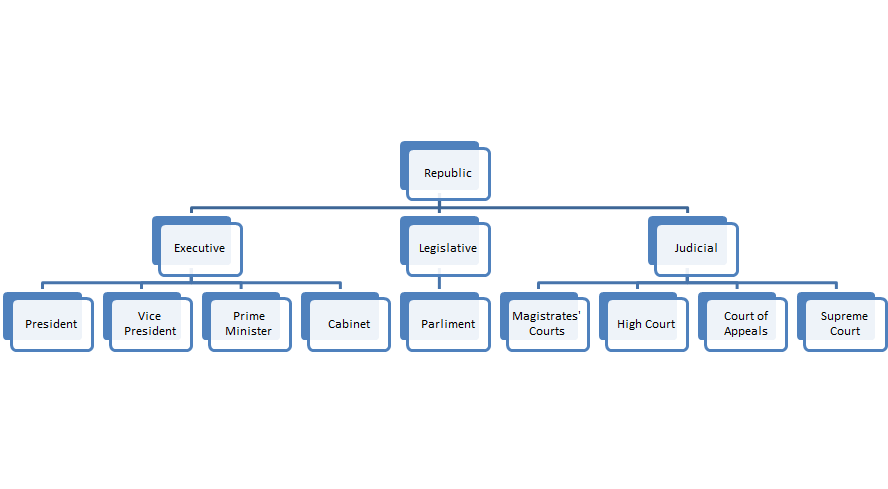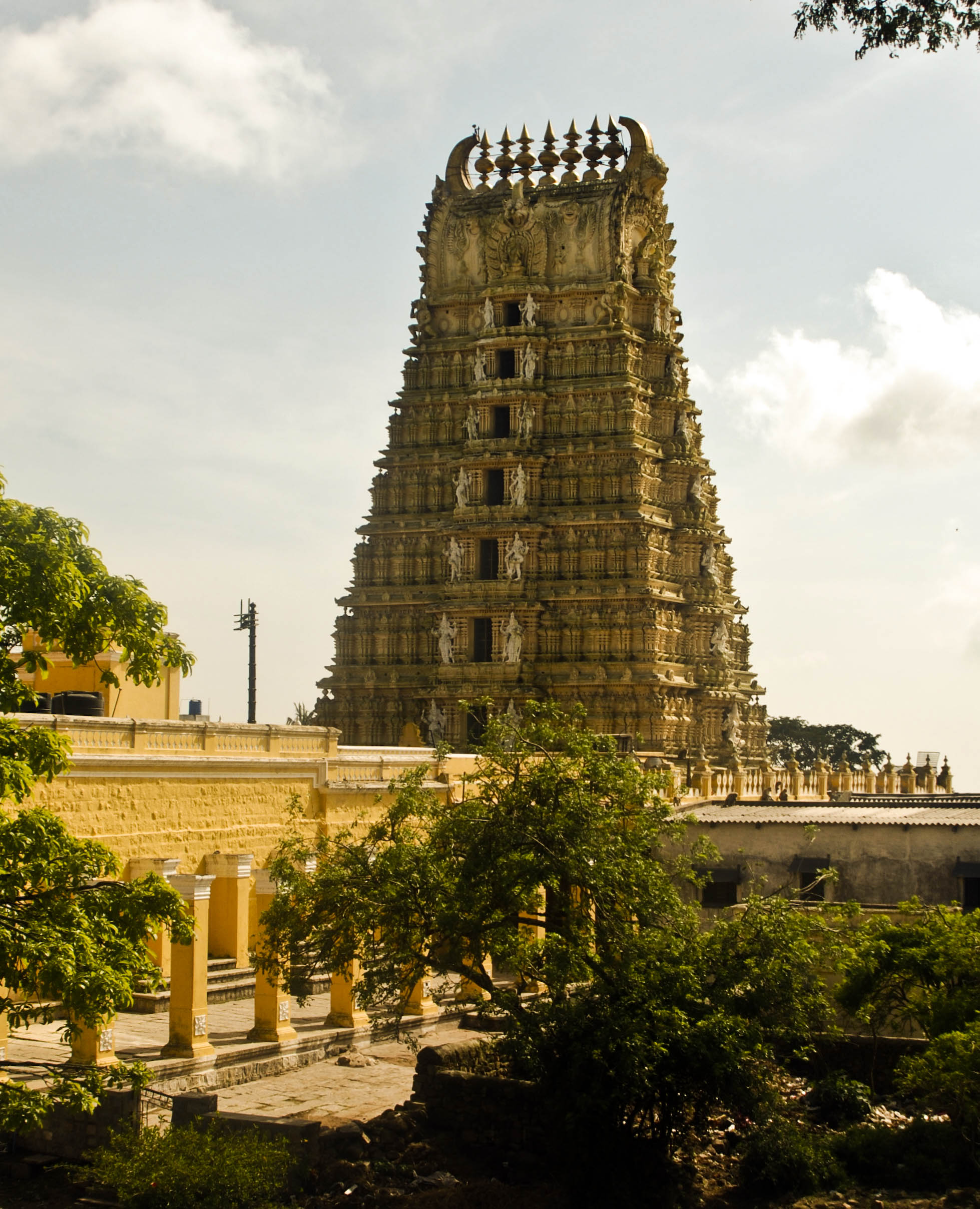|
Godfrey Serunkuma Lule
Godfrey Serunkuma Lule (Born 10 September 1932) is a Ugandan lawyer. He was Minister of Justice and Constitutional Affairs of Uganda for Idi Amin and defected, becoming a prominent international critic of Amin. He went on to found the prominent Ugandan Law and Consulting firm Sebalu & Lule Advocates and Legal Consultants. Early life Lule was born on 10 September 1932, in Mukono, Uganda. born to Buganda ethnicity. Education From 1952 to 1954, Lule attended Aggrey Memorial School. He worked briefly as a teacher following graduation, teaching at the Luwule Secondary School in Luwule Village in the Namaiba Parish in the Nakisunga Subcounty in the Mukono District of Uganda. From 1956 to 1961 he attended the University of Bombay, now called the University of Mumbai where he obtained a Bachelor of Laws. Early career After graduating from the University of Bombay, Lule served as an apprentice to the Attorney General of India at the office in Mysore, India. He then returned to ... [...More Info...] [...Related Items...] OR: [Wikipedia] [Google] [Baidu] |
Mukono District
Mukono is one of the districts in the Central Region of Uganda. The town of Mukono is home to the district's main commercial center and district headquarters. Location Mukono District is bordered by Kayunga District to the north, Jinja District to the east, Kalangala District to the south-west, Kira Town and Wakiso District to the west, and Luweero District to the north-west. The town of Mukono is about by road, east of Kampala, the capital and largest city of Uganda. This is about west of the town of Njeru, where the Nalubaale Power Station is situated, on the Kampala–Jinja Highway. The geographical coordinates of Mukono District are 00°28'50.0"N, 32°46'14.0"E (Latitude:0.480567; Longitude:32.770567). Demographics The 1991 national population census estimated the district's population at 319,400. According to the 2002 national census, the population was about 423,100, of whom 49.8 percent were males and 50.2 percent were females. At that time, its population growt ... [...More Info...] [...Related Items...] OR: [Wikipedia] [Google] [Baidu] |
Indians In Uganda
There is a sizable community of people of Indian origin living in Uganda. In 2003, there were an estimated 15,000 people of Asian descent (majority of Indians and Pakistanis) living in Uganda, compared to approximately 80,000 before they were expelled by the dictator Idi Amin in 1972. Many returned to Uganda in the 1980s and 1990s and have once again gone on to dominate the country's economy. Despite making up less than 1% of the population, they are estimated to contribute up to 65% of the country's tax revenues. Sudhir Ruparelia, who is of Indian origin, is the richest man in Uganda and has an estimated fortune of $1 billion. History In 1895 construction of the Uganda Railway began. The Imperial British East Africa Company awarded Alibhai Mulla Jeevanjee, an agent based in Karachi, with the contract to supply the required labour force. Jeevanjee recruited his workforce from the Punjab region of British India.Uganda Society, The Uganda Journal, Kampala, 1948, p.7 Th ... [...More Info...] [...Related Items...] OR: [Wikipedia] [Google] [Baidu] |
Expulsion Of Asians From Uganda
In early August 1972, the President of Uganda, Idi Amin, ordered the expulsion of his country's Indian minority, giving them 90 days to leave the country. At the time of the expulsion, there were about 80,000 individuals of Indian descent in Uganda, of whom 23,000 had their applications for citizenship both processed and accepted.. The expulsion took place against the backdrop of Anti-Indian sentiment and black supremacy in Uganda, with Amin accusing a minority of the Asians of disloyalty, non-integration, and commercial malpractice, claims that Indian leaders disputed. Amin defended the expulsion by arguing that he was "giving Uganda back to ethnic Ugandans". Many of those who were expelled were citizens of the United Kingdom and Colonies and 27,200 emigrated to the United Kingdom. Of the other refugees who were accounted for, 6,000 went to Canada, 4,500 refugees ended up in India and 2,500 went to nearby Kenya or to Pakistan. In total, some 5,655 firms, ranches, farms, and agric ... [...More Info...] [...Related Items...] OR: [Wikipedia] [Google] [Baidu] |
Private Property
Private property is a legal designation for the ownership of property by non-governmental legal entities. Private property is distinguishable from public property and personal property, which is owned by a state entity, and from collective or cooperative property, which is owned by a group of non-governmental entities. Private property is foundational to capitalism, an economic system based on the private ownership of the means of production and their operation for profit. The distinction between private and personal property varies depending on political philosophy, with socialist perspectives making a hard distinction between the two. As a legal concept, private property is defined and enforced by a country's political system. History Ideas about and discussion of private property date back to the Persian Empire, and emerge in the Western tradition at least as far back as Plato. Prior to the 18th century, English speakers generally used the word "property" in referenc ... [...More Info...] [...Related Items...] OR: [Wikipedia] [Google] [Baidu] |
Milton Obote
Apollo Milton Obote (28 December 1925 – 10 October 2005) was a Ugandan political leader who led Uganda to independence from British colonial rule in 1962. Following the nation's independence, he served as prime minister of Uganda from 1962 to 1966 and the second president of Uganda from 1966 to 1971, then again from 1980 to 1985. He founded the Uganda People's Congress (UPC) in 1960, which played a key role in securing Uganda's independence from the United Kingdom in 1962. He then became the country's prime minister in a coalition with the Kabaka Yekka movement/party, whose leader King Mutesa II was named president. Due to a rift with Mutesa over the 1964 Ugandan lost counties referendum and later getting implicated in a gold smuggling scandal, Obote overthrew him in 1966 and declared himself president, establishing a dictatorial regime with the UPC as the only official party. Obote implemented ostensibly socialist policies, under which the country suffered from severe ... [...More Info...] [...Related Items...] OR: [Wikipedia] [Google] [Baidu] |
Ministry Of Justice And Constitutional Affairs (Uganda)
The Ministry of Justice and Constitutional Affairs is a cabinet-level government ministry of Uganda. It is responsible for the provision of "legal advice and legal services to government, its allied institutions and to the general public and to support the machinery that provides the legal framework for good governance". The ministry is headed by a cabinet minister, currently Norbert Mao. Location The headquarters of the ministry are located at 1 Parliament Avenue, in the Central Division of Kampala, the capital and largest city of Uganda. The coordinates of the ministry headquarters are: 0°18'47.0"N, 32°35'10.0"E (Latitude:0.313056; Longitude:32.586111). Constitutional mandate The Ministry of Justice and Constitutional Affairs is empowered to carry out the following functions: # To represent the government of Uganda in civil suits for and against the government # To carry out legal advisory services, including the drafting, perusal and clearance of contracts and treaties ... [...More Info...] [...Related Items...] OR: [Wikipedia] [Google] [Baidu] |
Politics Of Uganda
Uganda is a presidential republic in which the President of Uganda is the head of state and the prime minister is the head of government business. There is a multi-party system. Executive power is exercised by the government. Legislative power is given to both the government and the National Assembly. The system is based on a democratic parliamentary system with equal rights for all citizens over 18 years of age. Political culture In a measure ostensibly designed to reduce sectarian violence, political parties were restricted in their activities from 1986. In the non-party "Movement" system instituted by President Yoweri Museveni, political parties continued to exist but could not campaign in elections or field candidates directly (although electoral candidates could belong to political parties). A constitutional referendum canceled this 19-year ban on multi-party politics in July 2005. Presidential elections were held in February 2006. Museveni ran against several candidates, ... [...More Info...] [...Related Items...] OR: [Wikipedia] [Google] [Baidu] |
Bar Examination
A bar examination is an examination administered by the bar association of a jurisdiction that a lawyer must pass in order to be admitted to the bar of that jurisdiction. Australia Administering bar exams is the responsibility of the bar association in the particular state or territory concerned. Those interested in pursuing a career at the bar must first be admitted as lawyers in the Supreme Court of their home state or territory. This generally requires the completion of legal studies which can take up to 8 years depending on the mode of study, the particular degree being completed and the law school. After completing a law degree, law graduates are then usually required to complete a period of Practical Legal Training (PLT). During the PLT period, law graduates are provided with further legal education focusing more on the practical or technical aspects of the law, such as court practice, conveyancing and drafting statements of claim. Law graduates are also required to comp ... [...More Info...] [...Related Items...] OR: [Wikipedia] [Google] [Baidu] |
India
India, officially the Republic of India ( Hindi: ), is a country in South Asia. It is the seventh-largest country by area, the second-most populous country, and the most populous democracy in the world. Bounded by the Indian Ocean on the south, the Arabian Sea on the southwest, and the Bay of Bengal on the southeast, it shares land borders with Pakistan to the west; China, Nepal, and Bhutan to the north; and Bangladesh and Myanmar to the east. In the Indian Ocean, India is in the vicinity of Sri Lanka and the Maldives; its Andaman and Nicobar Islands share a maritime border with Thailand, Myanmar, and Indonesia. Modern humans arrived on the Indian subcontinent from Africa no later than 55,000 years ago., "Y-Chromosome and Mt-DNA data support the colonization of South Asia by modern humans originating in Africa. ... Coalescence dates for most non-European populations average to between 73–55 ka.", "Modern human beings—''Homo sapiens''—originated in Africa. Th ... [...More Info...] [...Related Items...] OR: [Wikipedia] [Google] [Baidu] |
Mysore
Mysore (), officially Mysuru (), is a city in the southern part of the state of Karnataka, India. Mysore city is geographically located between 12° 18′ 26″ north latitude and 76° 38′ 59″ east longitude. It is located at an altitude of above mean sea level. Mysore is situated at the foothills of Chamundi Hills about towards the southwest of Bangalore and spread across an area of . Mysore City Corporation is responsible for the civic administration of the city, which is also the headquarters of Mysore district and Mysore division. It served as the capital city of the Kingdom of Mysore for nearly six centuries from 1399 until 1956. The Kingdom was ruled by the Wadiyar dynasty, with a brief period of interregnum in the late 18th century when Hyder Ali and Tipu Sultan were in power. The Wadiyars were patrons of art and culture. Tipu Sultan and Hyder Ali also contributed significantly to the cultural and economic growth of the city and the state by planting ... [...More Info...] [...Related Items...] OR: [Wikipedia] [Google] [Baidu] |

%2C_R23930288.jpg)



